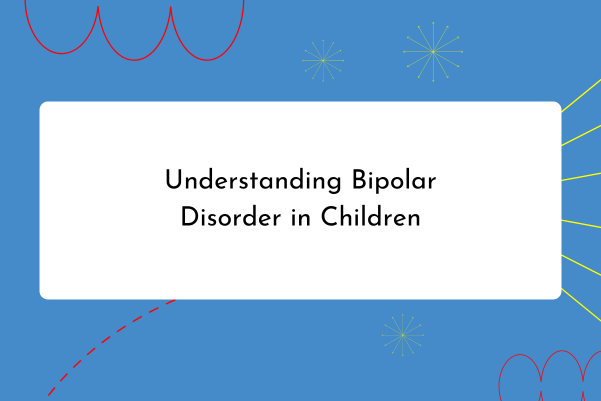Navigating Medical Tax Credits
for Your Child’s Remedial
Needs in South Africa
Managing the day-to-day needs of a child with a disability can be challenging, both emotionally and financially. The good news is that in South Africa, parents of children with disabilities may qualify for medical tax credits. This could potentially ease some of the financial strain.
Understanding Disability for Tax Purposes
Under Section 6B(1) of the Income Tax Act, 1962, a disability is defined as a moderate to severe limitation of a person’s ability to function or perform daily activities due to a physical, sensory, communication, intellectual, or mental impairment lasting more than a year. This definition encompasses conditions such as ADHD, Autism Spectrum Disorder (ASD), dyspraxia, dyslexia, dyscalculia, and dysgraphia.
Claiming Medical Tax Credits
If your child meets the above definition, you can claim a medical tax credit. SARS allows you to claim 33.3% of qualifying expenses. These expenses can include:
- School fees for remedial education,
- Sensory items,
- Therapy costs,
- Disability modifications,
- Travel expenses related to the disability, and
- Out-of-pocket medical expenses not covered by your medical aid.
What You Need to Submit
To claim these credits, ensure you have the following documents:
- Medical Diagnosis Form (ITR-DD): This form must be completed by a medical practitioner, detailing the nature, permanence, and severity of the disability.
- Invoices and Proof of Payment: Keep all invoices and proof of payment for expenses related to the disability. This includes contracts for caregivers and facilitators.
- Comparative School Fees: Provide a comparison of remedial school fees against non-remedial fees in your area.
Additional Medical Tax Credits
For those over 65 or individuals (or their dependents) with a disability, you can also claim an additional medical tax credit. This credit covers 33.3% of the fees paid to a registered medical scheme that exceeds the monthly rebates, plus 33.3% of all qualifying medical expenses not covered by the scheme.
Seek Professional Guidance
Navigating the intricacies of medical tax credits can be complex, and seeking advice from a tax professional with experience in disability claims is beneficial. They can ensure you maximize your entitlements and avoid common pitfalls.
Conclusion
Claiming medical tax credits can provide significant financial relief for families managing the additional costs associated with disabilities. By understanding the criteria and ensuring you have the necessary documentation, you can effectively reduce your financial burden and focus more on supporting your child.
For more detailed guidance and assistance, consider reaching out to a professional well-versed in disability tax credits. They can help tailor your tax returns to reflect your unique circumstances accurately.


